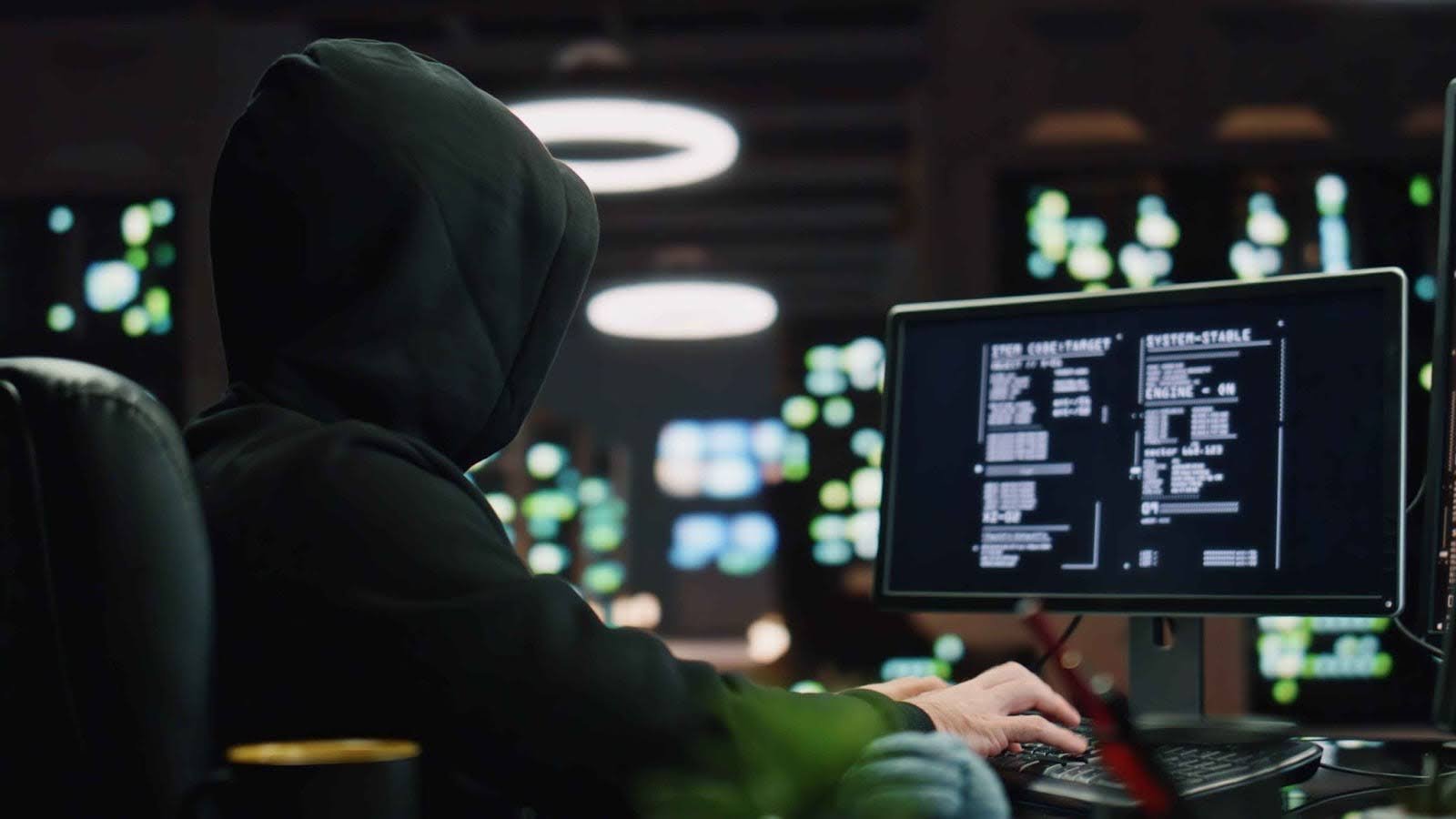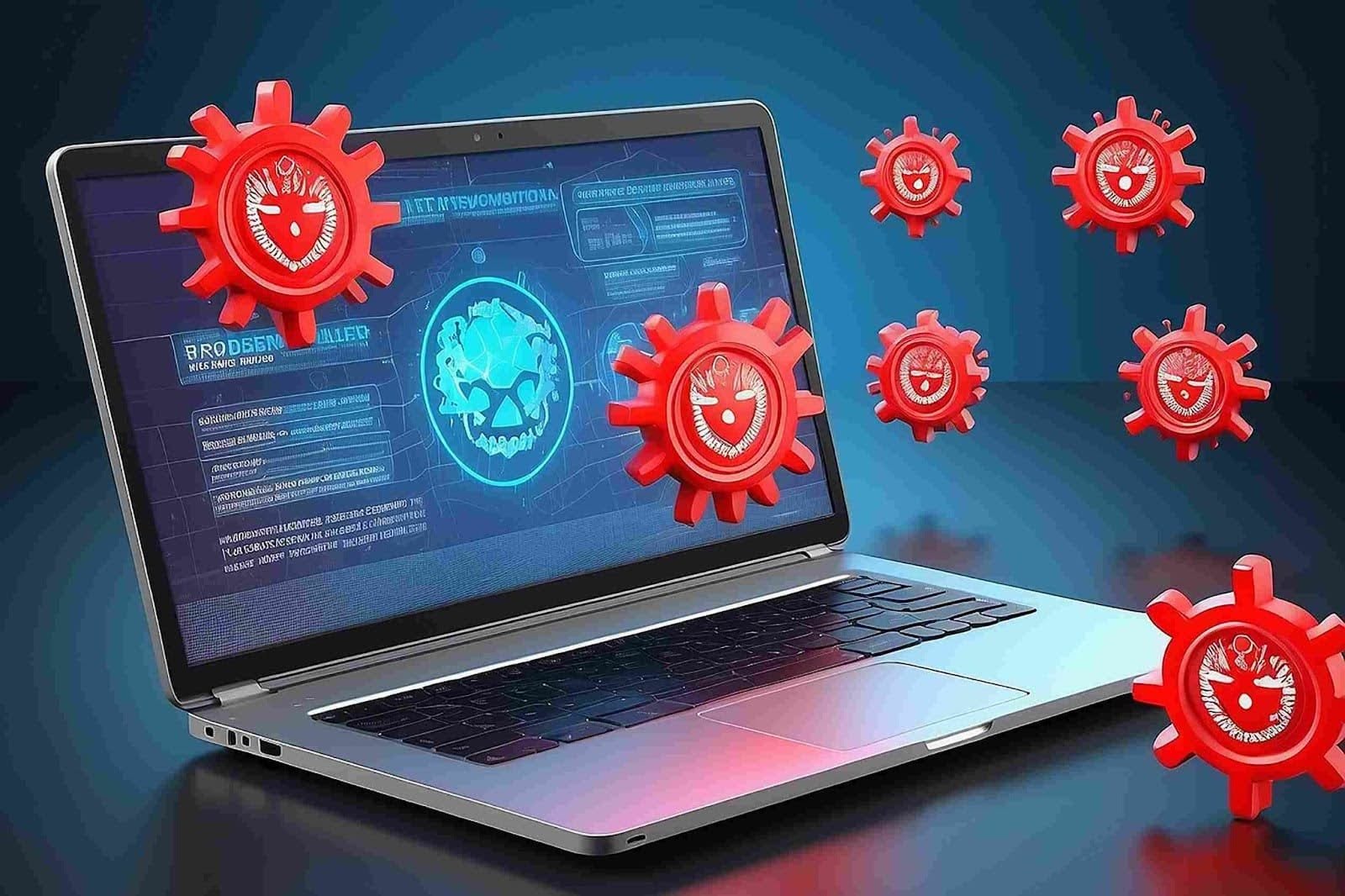
Cybercrime in Singapore is a growing concern as the nation’s digital landscape expands. From hacking to online scams, the impact of cybercrime in Singapore is vast and significant.
Understanding these threats and the legal measures is essential for safeguarding personal and business interests. This blog explores what cybercrime is, its various types, and notable examples to help you stay informed and protected.
What Is Cybercrime?
Cybercrime refers to illegal activities conducted through digital means, often involving computers or networks.
These crimes encompass hacking, data breaches, online fraud, and identity theft. Cybercriminals exploit the internet’s anonymity, speed, and convenience to commit offences, targeting individuals, businesses, and governments.
In Singapore, cybercrime is addressed under two key pieces of legislation: the Computer Misuse Act (CMA) and the Cybersecurity Act. The CMA covers offences such as unauthorised access to computer systems, distribution of malware, and cyber extortion.
The Cybersecurity Act complements the CMA by protecting critical information infrastructure (CII) against cyber threats. It mandates CII operators to implement robust cybersecurity measures and report significant cybersecurity incidents.
The Act also grants the Cyber Security Agency of Singapore (CSA) authority to manage and respond to cybersecurity threats, ensuring the resilience of Singapore’s essential services.
Understanding cybercrime and the related laws is essential for recognising its risks and the measures needed to protect against them. By staying informed about the types and laws related to cybercrime, individuals and businesses can better safeguard their digital assets and personal information.

Types Of Cybercrime Covered In Singapore Law
Singapore’s legal framework addresses various types of cybercrime through multiple legislations, primarily the Computer Misuse Act (CMA) and the Cybersecurity Act. Here are the main types of cybercrime covered under Singapore law:
1. Unauthorised Access To Computer Material
Unauthorised access to computer systems, commonly known as hacking, is a significant form of cybercrime in Singapore. Section 3 of the Computer Misuse Act (CMA) makes it an offence to access any program or data held in a computer without proper authorisation.
This can involve breaking into a system to steal data or simply viewing information without permission. Such activities undermine the security and confidentiality of digital systems, and the legislation seeks to protect against these intrusions by imposing strict penalties.
2. Unauthorised Access With Intent To Commit Or Facilitate The Commission Of A Further Offence
Section 4 of the CMA addresses instances where unauthorised access is gained with the intent to commit further crimes, such as fraud or theft. This means that if a person hacks into a computer system to steal sensitive information or financial data to commit another crime, they are liable under this section.
The cybercrime law covers both the initial unauthorised access and the subsequent criminal activities facilitated by such access, ensuring comprehensive legal coverage against cybercriminals
3. Unauthorised Modification Of Computer Material
Unauthorised modification of computer contents, covered under Section 5 of the CMA, includes actions such as introducing viruses, malware, or altering data without permission. This can involve adding, deleting, or changing data to disrupt operations or cause damage.
For instance, modifying digital records to benefit financially or to damage another party’s reputation falls under this category. Such modifications can have significant repercussions, and the law imposes strict penalties to deter these actions.
4. Use Of Intercept Devices
Section 6 of the Computer Misuse Act (CMA) covers the use of intercept devices. These devices intercept and record communications without authorisation, which is often associated with corporate espionage and data breaches.
For example, intercepting emails or phone calls to gather confidential information violates this law. The legislation aims to protect the privacy of communications and the integrity of information transmission.

5. Providing Means For Unauthorised Access To Computer Material
Section 7 of the CMA criminalises the act of supplying, or offering to supply, any means (such as hacking tools) intended to be used for committing offences under the CMA. This includes distributing software or devices designed to facilitate unauthorised access to computer systems.
For instance, selling malware or password-cracking tools falls under this provision, ensuring that individuals who contribute to the commission of cybercrimes are held accountable
6. Unauthorised Disclosure Of Access Codes
Section 8 of the CMA addresses the unauthorised disclosure of passwords or access codes that could facilitate unauthorised access to computer systems. This includes sharing login credentials for financial gain or other malicious purposes.
For example, if someone sells their SingPass details to another person for unlawful activities, it is considered an offence. The law is designed to prevent the misuse of access credentials and protect the integrity of secure systems
7. Identity Theft And Fraud
Identity theft and fraud are serious cybercrimes addressed under the Penal Code and the CMA. Sections 416 (cheating by personation) and 419 (penalties for identity fraud) cover using stolen identities to commit fraudulent activities.
This includes phishing attacks to steal personal information or use someone else’s identity for financial gain. These offences carry severe penalties, including imprisonment and fines, reflecting the serious nature of identity-related crimes
8. Distribution Of Malware
The dissemination of malicious software is covered under various provisions of the Computer Misuse Act (CMA), particularly those related to unauthorised modification of computer material. This includes creating, distributing, or using malware such as viruses, worms, and trojans to damage or disrupt computer systems.
For example, if an individual sends out malware to compromise a company’s network, it is considered an offence. These actions can cause significant harm, and the law imposes severe penalties to deter the distribution of such harmful software.
9. Ransomware Attacks
Ransomware attacks involve unauthorised access and modification of data, making them subject to multiple sections of the CMA. In these attacks, malicious software encrypts a victim’s data and demands a ransom for release.
This form of cyber extortion is particularly damaging as it can paralyse an organisation’s operations until the ransom is paid. The law addresses such activities by imposing stringent penalties to discourage perpetrators and protect digital assets.
10. Business Email Compromise (BEC) Scams
Business Email Compromise scams, which often involve phishing and fraud, are covered by the unauthorised access and fraud-related provisions of the CMA and the Penal Code.
In these scams, cybercriminals use phishing tactics to gain access to a company’s email system and impersonate senior executives, tricking employees into transferring large sums of money to fraudulent accounts.
Such scams can cause significant financial losses and damage the company’s reputation. The law provides comprehensive measures to address and penalise these deceptive practices.

Examples Of Cybercrime
Understanding cybercrime requires examining real-life examples that highlight the various ways cybercriminals operate and the impact of their actions. Here are some notable cases of cybercrime in Singapore:
1. The Messiah Hacking Case
One of the most prominent cases in Singapore involved a hacker known as “The Messiah,” whose real name is James Raj Arokiasamy. In 2013, he was charged with 162 offences under the Computer Misuse Act.
His activities included hacking various websites like the PAP Community Foundation, Standard Chartered Bank, and the Ang Mo Kio Town Council. This case underscored the severe consequences of unauthorised access to computer systems and the importance of robust cybersecurity measures.
2. SMU Grade-Tampering Incident
In 2017, a student at Singapore Management University (SMU) named Tran Gia Hung was found guilty of hacking into the university’s system to alter his and other students’ grades.
Using a professor’s password, he changed his “Final Examination” mark from D+ to B and his “Final Adjusted Grade” from B to A-. This incident led to a 16-week jail sentence and highlighted the vulnerabilities in educational institutions’ digital infrastructures.
3. Ransomware Attacks
Ransomware attacks have become increasingly common, where malware encrypts a victim’s data and demands a ransom for its release. In 2017, the WannaCry ransomware attack affected numerous organisations worldwide, including some in Singapore.
Victims were forced to pay substantial amounts to regain access to their data, highlighting the critical need for regular data backups and effective cybersecurity practices.
Conclusion On What Is Cybercrime In Singapore
Cybercrime in Singapore includes various illegal activities, such as hacking, identity theft, ransomware attacks, and business email compromise scams.
The Computer Misuse Act and the Penal Code provide a robust legal framework to penalise offenders and protect individuals and businesses from these digital threats. Understanding these cybercrimes and the relevant laws is essential for safeguarding personal and organisational data.
At Tembusu Law, we offer expert legal services, including top divorce lawyers and seasoned criminal lawyers in Singapore, to help you navigate any legal challenges effectively.
If you need legal assistance for cybercrime issues or other legal matters, contact Tembusu Law today for professional and dedicated support. Your safety and legal protection are our top priorities.
Frequently Asked Questions About Cybercrime Law In Singapore
What Are The Legal Consequences Of Phishing Scams In Singapore?
Phishing scams are illegal under the Computer Misuse Act. Offenders can face hefty fines and imprisonment for unauthorised access to data and fraudulent activities to deceive victims into revealing sensitive information.
How Does The Law Address Malware Attacks?
Malware attacks, including creating and distributing malicious software, are punishable under the Computer Misuse Act. Perpetrators can be fined and jailed for introducing malware that disrupts or damages computer systems.
What Legal Actions Can Be Taken In Case Of A Data Breach Involving Sensitive Data?
A data breach involving sensitive data can lead to severe penalties under the Personal Data Protection Act and the Computer Misuse Act. Organisations must notify affected individuals and the Personal Data Protection Commission and may face fines and other sanctions.
How Is Child Pornography Handled Under Singapore Law?
Child pornography is strictly prohibited and heavily penalised under Singapore law. Offenders involved in the creation, distribution, or possession of child pornography face severe fines and long-term imprisonment.
What Measures Are In Place To Combat Cyber Terrorism And Protect Scam Victims?
Stringent measures under the Computer Misuse Act address cyber terrorism, with severe penalties for those threatening national security. Scam victims are protected through legal recourse and support from law enforcement agencies to recover losses and prosecute offenders.